- Category
- Life in Ukraine
Like USSR, Russia Persecutes Protestants in Temporarily Occupied Ukraine
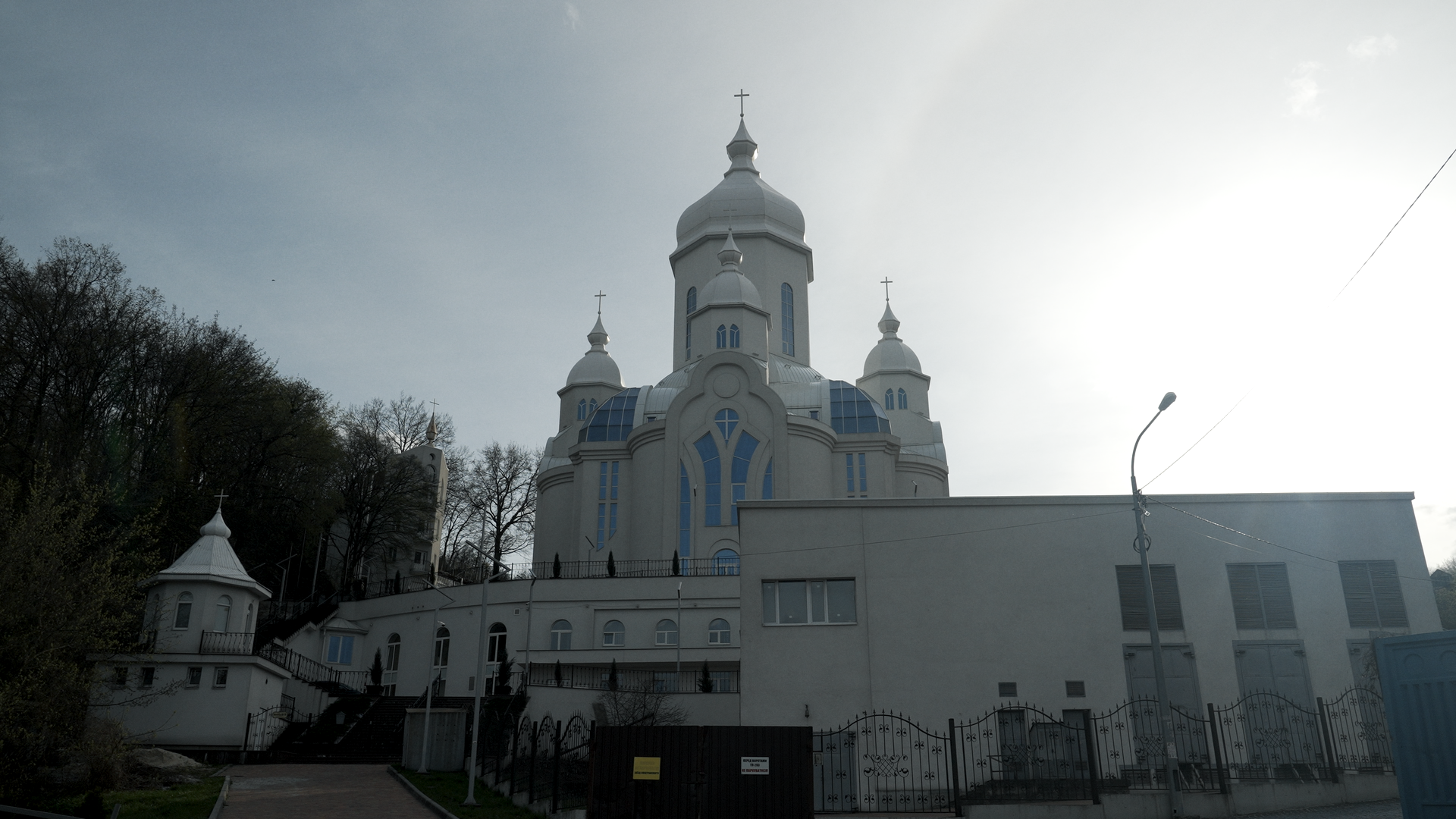
The Soviet Union is infamous for its state-sponsored atheism policies and persecution of religious minorities, but modern Russia advertises itself as a Christian nation with family values. However, those who defy the state-affiliated Russian Orthodox church—as is the case of Protestants in Russian-occupied Ukraine—are subject to kidnappings, executions, and constant oppression.
Beginning with Stalinist policies, religious repression was acutely felt by the Protestant community in the Soviet Union. They have been historically subject to severe punishments, ranging from imprisonment to execution. Now in Russian-occupied Ukraine, a true portrait is painted of the Soviet Union’s spiritual successor—Russia—whose paranoia has turned into unchecked violence against the community.
We spoke to two respected Ukrainian pastors—Dmitriy Boydu and Volodymyr Kondor—to hear about the realities of Russia’s actions firsthand. Their accounts reveal two timelines that converge during Russia’s 2022 invasion of Ukraine. Today, Protestants have been labeled as spies and enemies of the state by Russia, facing similar punishments as their predecessors did during the Soviet era. These religious leaders tell the story of criminalized gatherings, kidnappings, mock executions, and the illegal seizure of property—making one wonder what century we live in.
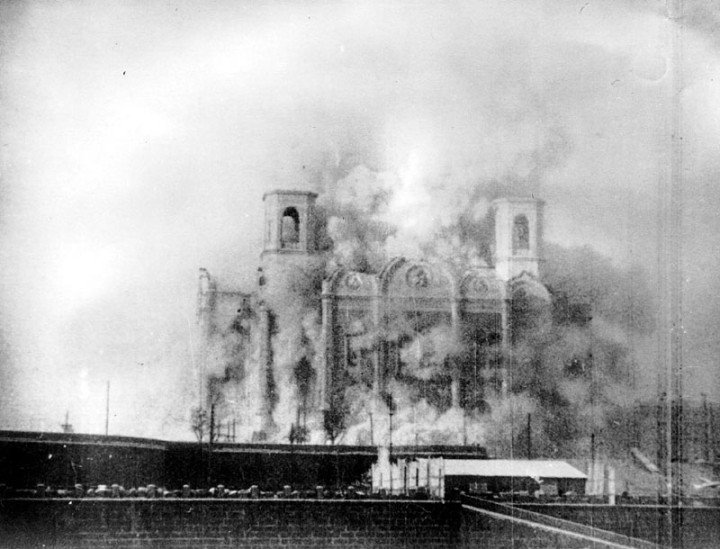
Protestantism started as a 16th-century movement that aimed to reform the Catholic church. Now it is one of the three main forms of Christianity and the most dominant religion in the United States. Due to political and humanitarian motivations, American churches spent considerable effort to establish protestant churches of various denominations in the Soviet Union—with the first missions into the country during the Bolshevik Revolution.
A combination of state-wide atheism policies like the USSR anti-religious campaign (1921–1928) ultimately grew into the Great Purge of the 1930s. Millions of people—including clergy and religious believers—were arrested, deported, or executed on false charges of anti-Soviet activities.
The Soviet Union's ideological successor—the Russian Federation—aimed to establish a unified church that was centered around the state-controlled Orthodox church. Though their treatment of protestants within Russian borders is relatively relaxed, their similarities to the Soviet Union are seen through the treatment of religious minorities within the occupied territories of Ukraine.
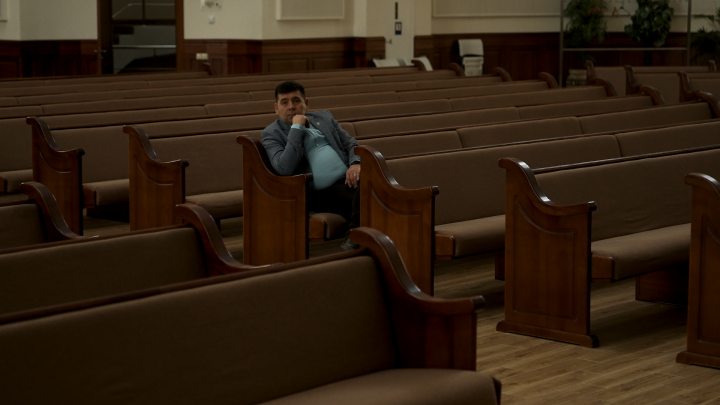
Volodymyr Kondor is the head pastor of a newly built Baptist church in Kyiv called “Temple of Peace”. He speaks highly of the religious tolerance within his country’s borders. Kondor sees this war with Russia as a battle for religious freedom: “We are fighting to avoid living under the conditions of the Soviet Union again”.
Kondor describes the experiences of Protestants in the Soviet Union—stories passed along to him by many in his congregation. Those who wanted to pray did so in private, in small gatherings in homes across the Soviet territories. Protestant churches were long taken by the government and repurposed, some were even burnt down, “Those brave enough to preach publicly were disappeared, and tortured. Some were killed.”
It’s impossible to determine the true number of Protestants killed or kidnapped in the Soviet Union—as with any other statistic of that period—though many scholars and religious leaders of that time confirm its significance. So much so that an amendment was made to a 1974 trade agreement between the US and the Soviets aimed at allowing the emigration of persecuted religious minorities from the Soviet Union, primarily focusing on Jews and Protestants.
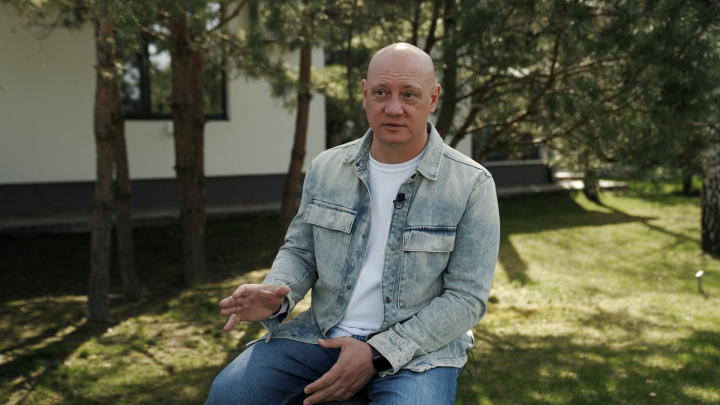
Dmitriy Boydu is a Ukrainian-American evangelical pastor from Melitopol—a city now occupied by Russia in Southern Ukraine. As a result of his religious persecution by the Soviets, he fled to the United States and settled in Dallas Texas where he attended bible college. Dmitriy would eventually return to an independent Ukraine, where he began opening churches across Ukraine’s South as a missionary and Head Pastor.
Boydu made national headlines when the Russian occupiers kidnapped and imprisoned him. He was the head pastor of the “Word of Life” church in Melitopol when the invasion started in February of 2022. Boydu remained with his church to help the community—offering the church as a shelter and providing food and water to the most affected. He described the scene as an “armageddon”.
Meet Pastor Dmitriy Boydu, who returned home to establish evangelical churches in southern Ukraine, but then Russia invaded his hometown. pic.twitter.com/A8m3yvtu8z
— UNITED24 Media (@United24media) April 11, 2024
On the 8th day of the war Russians came into the church and kidnapped Dmitriy. During his first day of captivity inside an abandoned police station, Boydu heard the sounds of people being beaten and tortured. One of the soldiers came in, he accused Boydu of being an American spy. The guard explained to Dmitriy that he was scheduled to be executed in three days. “The soldier told me that they hate three kinds of people: Americans, Evangelicals, and Nazis. And he told me that I was all three to them. I hit the jackpot,” Boydu tells us.
Dmitiry was released after 8 days of captivity thanks to the media attention around his kidnapping. It’s not clear as to who or what brought his release, but he was eventually let go and forced to escape. Boydu—a man with Texan values—explained what it was like to have his property taken away by an illegal occupying force, attempting to drive the point home to those abroad:
“People in the West have to understand this. Just imagine, you’re living in your house, you have your job, you have your family, and then somebody comes with a machine gun and takes away your house, rapes your wife, kills your kids, takes away all your finances, and then says well - Just relax, don't exaggerate. You should forgive us.”
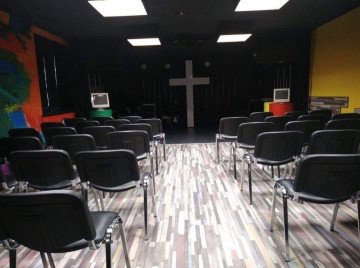
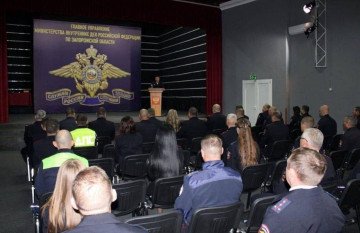
Boydu and his family live abroad now. His church in Melitopal is now a police station for the occupying police force. The community he served in Melitopol—those who remained—meet in secret fearing that they too can be arbitrarily accused of being foreign agents. They still meet in small prayer groups, gathering in houses across the occupied south—just as the generation before them did in the Soviet times.
Now religious minorities are under severe threat in occupied regions of Ukraine, and those who oppose the Kremlin-backed Orthodox church—are facing severe punishment. In the occupied territories no one is allowed inside to advocate for these people. At this moment liberation is the only way to help them, and it involves the support of Western allies across the world. The Ukrainian army is fighting for the entirety of its diverse demographics, aiming to drive out the Russians and restore their borders.



-6ead6a9dd508115a5d69759e48e3cad1.jpg)
-29a1a43aba23f9bb779a1ac8b98d2121.jpeg)
-7f50738271c122a9b5e663cb80703dd6.jpg)

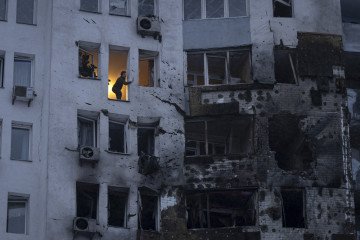
-554f0711f15a880af68b2550a739eee4.jpg)